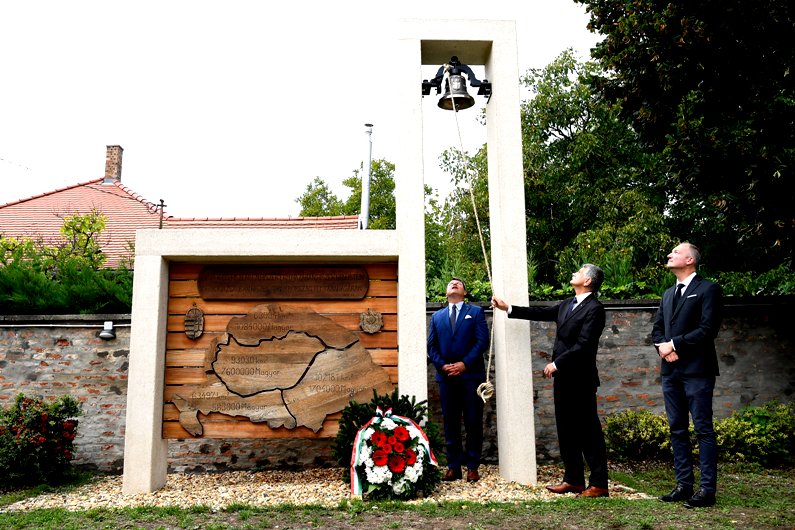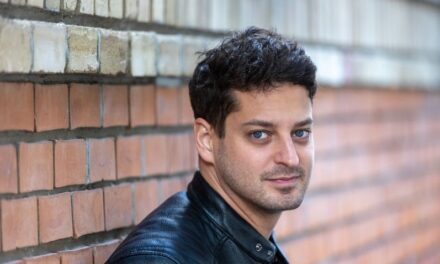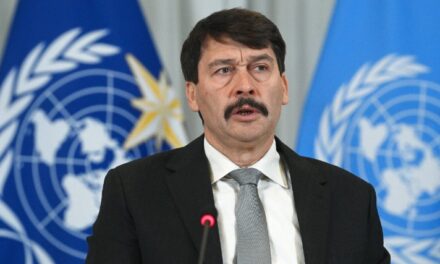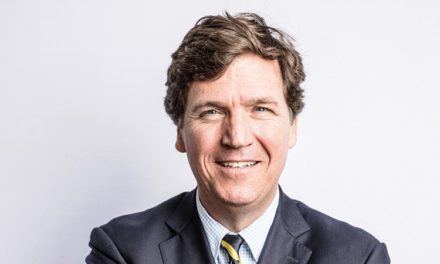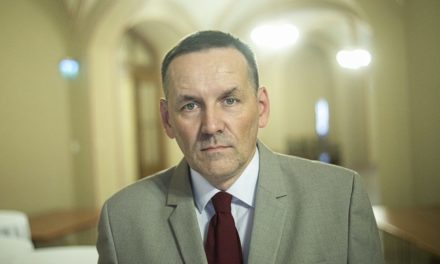The XX. In the 21st century, Hungarians "pressed between a cliff and an abyss" can offer their own experiences in the 21st century. In the 20th century, Europe was pushed to the brink - said László Kövér on Sunday in Piliscsaba, Pest County.
At the inauguration ceremony of the Bell of National Unity, the speaker highlighted: Hungarians have "climbed their own rock wall" in a century, i.e. managed to avoid the fate that their opponents intended for them. The thousand-year-old Hungary has once again proven with its performance and results in the last hundred years that the rock walls towering over the chasms in history and politics are never unclimbable, he added. Today, the Hungarian nation is still the nation with the largest population in the Carpathian Basin , which " peacefully reunited in spirit" across borders. The "Hungarian state has regained its ability to act and its strength to serve and protect its nation", its ability to learn from its neighbors and from Europe, and "it has also regained its confidence and authority to set a path and example for its neighbors and the whole of Europe in many respects", he said . Fat László.
He went on to say that thinking European people's sense of life today is similar to the sense of life of Hungarians a hundred years ago. Once upon a time, as one of the losers of the First World War, Hungary was condemned by the victors to political subjugation, economic incapacity, military vulnerability, the Hungarian nation to humiliation and disintegration, and more than three million Hungarians to the loss of their national identity. "We Hungarians call it all in one word: Trianon".
Today, the European Union, unable to politically prevent the outbreak of the war in Ukraine, unable to restore peace diplomatically, and - under external pressure - acting against its most basic economic interests, is already considered a loser, regardless of which direct belligerent party on the war fronts will declare itself the winner . Non-European interest groups and private powers are consigning the European Union as a whole and each individual EU member state to military vulnerability, political subjection, economic and energetic incapacity, financial indebtedness, looting and social disintegration. They want to abolish the self-identity, Christian faith and sustaining communities of the European nations so that they can manipulate, expropriate and ultimately liquidate their democratic states and colonize Europe without resistance, he believed .
"We Hungarians in the 20th century, we learned that we only live as long as Hungary lives". European nations in the XXI. they must learn the same in the 20th century: "as Europeans, we can only live as long as our own country lives", said László Kövér.
He also talked about: the climbers who follow each other on the rock walls and are connected to each other call their dependence on each other as rope friendship, and they know that they rise together or fall together. Climbers must not love, but respect each other, and always be aware that they are dependent on each other and can only reach their destination together. The European nations, including those living together in the Carpathian Basin, must form such a bond of friendship with each other in order for Europe to get through its 21st century. on the rock wall of the 19th century, so that "our children and grandchildren are not sufferers, but shapers of the future".
"Our neighbors in the Carpathian Basin and all European nations can always count on us, Hungarians, in this friendship," said the Speaker of the House.
András Farkas , KDNP mayor of Piliscsaba, speaking about the creation of the National Unity memorial group, recalled: in 1934, the people of Piliscsaba organized a collection to raise a national flag, so that they could remember the Trianon peace decree "with a worthy sign". But in December of that year, Piliscsaba's representative body offered the money collected for the erection of the monument to help the Hungarians expelled from Yugoslavia, so the national flag could not be erected.
In 2010, after the Parliament decided on the day of national unity, the then mayor of Piliscsaba issued a decree on the local commemoration and had a wooden Trianon monument erected in the settlement. On the 100th anniversary of the signing of the Trianon Peace Treaty, the inhabitants of the settlement finally fulfilled the intention of 1934 and erected a national flag. Next to the national flag, there is a belfry that is still empty to this day. The bell that was replaced on Sunday Antal Kiss and his family, which was cast from old, broken pieces of bells from Székelyföld. From today, the monument is complete with the bell, it has come together, how the old bell pieces from Székelyföld merged into the body of the new bell, setting an example for the people of Piliscsaba who "came from many places and are now becoming a community," said András Farkas .
Antal Kiss talked about: there is no bell without a rope, and the bell rope is made from the most ancient, but now almost forgotten plant of mankind, hemp. Hemp is made up of millions of tiny fibers and can withstand even the strongest blows. Hungarians are similar to hemp, which has become so strong from many tiny threads that no force has been able to move it from the Carpathian basin for a thousand years.
The bell was jointly blessed by the settlement's Catholic priest, Reformed and Lutheran pastor.
Source and title image: MTI/Tamás Kovács

